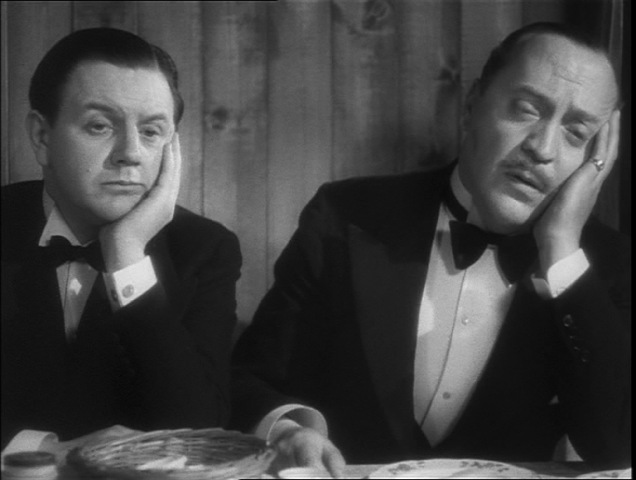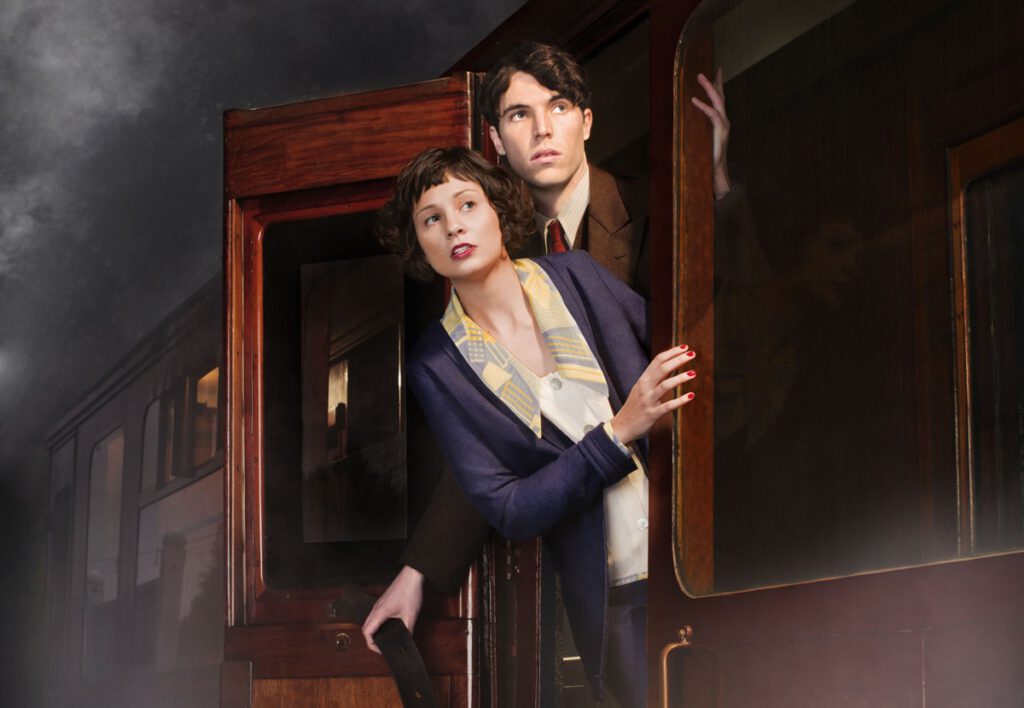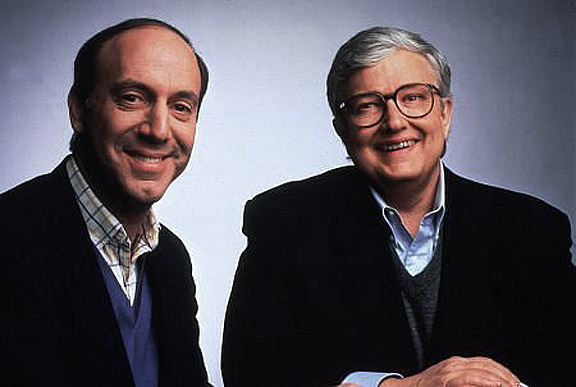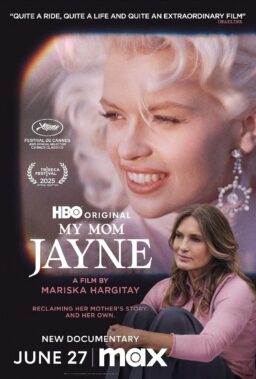Are remakes of Alfred Hitchcock films destined to fail? Over the years, they have done so in capital letters, both by being too loyal to the source (Gus Van Sant’s “Psycho”) or straying too far from it (the 1980 Anthony Page remake of “The Lady Vanishes” with Cybill Shepherd and Elliott Gould, which is almost mesmerizing in its cavalcade of mind-boggling creative failures). And yet filmmakers keep trying to climb that cinematic Mount Everest, capturing what the master did generations ago for a new audience. The third film to take the name “The Lady Vanishes” tries to carve its own path by claiming more loyalty to the source material by Ethel Lina White (although, questionably, doesn’t revert to the book’s actual title, “The Wheel Spins”).
However, the resulting adaptation is likely to only further cement the classic status of the incredibly influential original. Whereas Hitch’s film worked very loosely from the original novel, deftly weaving romantic comedy and social commentary into the suspenseful fabric of the narrative, screenwriter Fiona Seres’ take on the material focuses so intently on its “vanishing” that the tale becomes monotonous and too narrowly focused in its telling. Production values are strong throughout and the cast certainly isn’t bad, but viewers familiar with the Hitch original are likely to lament what’s missing, and those who are not are likely to wonder why this story has warranted three retellings.

Film historians may be aware that writers Sidney Gilliat and Frank Launder added several subplots when “The Wheel Spins” became “The Lady Vanishes” the first time around. Not only are the legendary comic relief characters Caldicott and Charters (a pair so popular that they popped up in other movies) creations of the screenwriters, but so is the notorious shoot-out in the final act and the ultimate secrets of the unpredictable Miss Froy. While these may seem like minor alterations to the “missing woman” centerpiece of the film, they were essential elements to how Hitchcock and his writers so perfectly balanced the tonal differences—from comedy to romance to suspense and back again—that made their film so memorable. Even now, after multiple viewings, Hitchcock’s “The Lady Vanishes” remains riveting filmmaking.
Less riveting by some margin but kind of culturally fascinating in its awfulness, the ’80 version with Shepherd and Gould took the tale too far in the screwball comedy direction and became historically notable perhaps only for featuring the “Last Picture Show” star in an Adolf Hitler mustache (she’s at a costume party, but keeps the mustache on for a troublingly long time). Director Diarmuid Lawrence’s current take on “The Lady Vanishes,” premiering as a part of the PBS Masterpiece series stateside, is certainly more effective than that train-wreck (pun only slightly intended), but it suffers from a similar problem, in that direct comparisons to the Hitchcock version clearly identifies it as the lesser work. And, rather than try to carve out an identity with something new, Lawrence and Seres make the mistake of draining the piece of most of its life by streamlining it to a dull degree. What remains is a paper-thin mystery with only a whiff of romance, a modicum of suspense, and an overwhelming atmosphere of creaky boredom.
Beautiful young socialite Iris Carr (Tuppence Middleton) is introduced lounging in a pool on an expensive vacation in the Balkans in 1931. Later that night, she gets drunk with her friends and behaves more like the spoiled socialite of White’s source material than the softer version in the previous two adaptations. Iris is a harsher creation here, the kind self-centered woman who one can easily believe would pay so little attention to the kind woman sitting with her in a train car that she can offer no distinguishing physical characteristics when asked to describe her. After her friends leave her a stranger in a strange land, Iris changes her mind and tries to catch a full train home again, having to bribe her way into a seat. She collapses in the station before she can get on the train, waking just in time to literally run and catch it. She believes that the knot on the back of her head indicates that she was assaulted in an effort to keep from boarding. Everyone else claims it was heat stroke.

Rebuffed by a mysterious baroness and her party in a train car, Iris strikes up a conversation with Miss Froy (Selina Cadell), the kind woman sitting across from her on this journey through the Balkans. The two have tea together, but Iris barely pays attention, both because of her alleged heat stroke and also because Iris is not the kind of person to take kindly to strangers whom she deems beneath her. When Iris wakes up later in the trip to find Miss Froy not there, she begins to wonder where Froy has gone, discovering that no one on the train is willing to confirm her existence in the first place. Some of the supporting characters have clear motives for lying, like the couple who doesn’t want their infidelity revealed or the woman who needs to get home to her ill son (not wanting an investigation to stop the train), while others seem to have just failed to notice Miss Froy in the first place.

Of course, like Iris, we know that Miss Froy exists. We saw them interact. And so the heavy emphasis here on the mystery of Miss Froy’s disappearance doesn’t have the impact that it did when it was intercut with the comic interludes with Caldicott and Charters or even the blooming romance emphasized in the remake. There’s still a handsome Englishman to come to Iris’ rescue in the form of Tom Hughes as Max Hare, but there’s little in the way of romance until it’s interjected unexpectedly in the final act and it’s too late to take by that point.
Streamlining what Gilliat and Launder added to the story in an effort to return to White’s vision does emphasize a few themes that, while present in all versions of the tale, are definitely made more prominent here. The story actually transforms into a redemption tale for Iris, as she comes down from her lofty indifference to try to save one of her own. It matters greatly that Iris and Miss Froy are two of the few Brits on the train. One could easily read this version as that of a woman who has had the comforts of wealth removed from her for the first time in her life and is now forced to respond to true danger. Her stated feeling that she’ll “always be safe” is challenged, causing her to respond in ways that even she doesn’t expect.
However, this doesn’t exactly make for riveting mystery. Lawrence tries to wash the film in menace before it’s really earned it, using an overheated score and telegraphing suspense instead of creating it. It’s certainly not a crime to try and creatively distinguish a film from its most beloved previous incarnation, but the creators of this “The Lady Vanishes” strip away so much of what worked about Hitchcock’s film without replacing it with anything worthwhile of their own. All they really kept was the title. And even that wasn’t a particularly good idea.
Airdate: PBS, Sunday, August 18, 2013, 9pm EST












